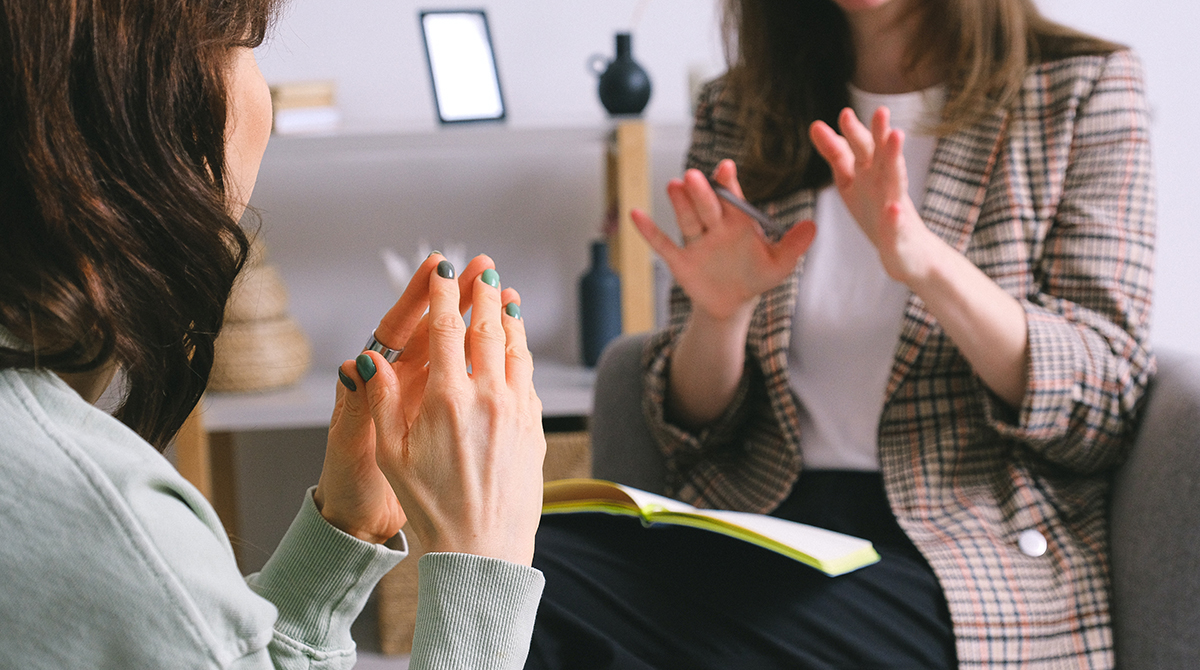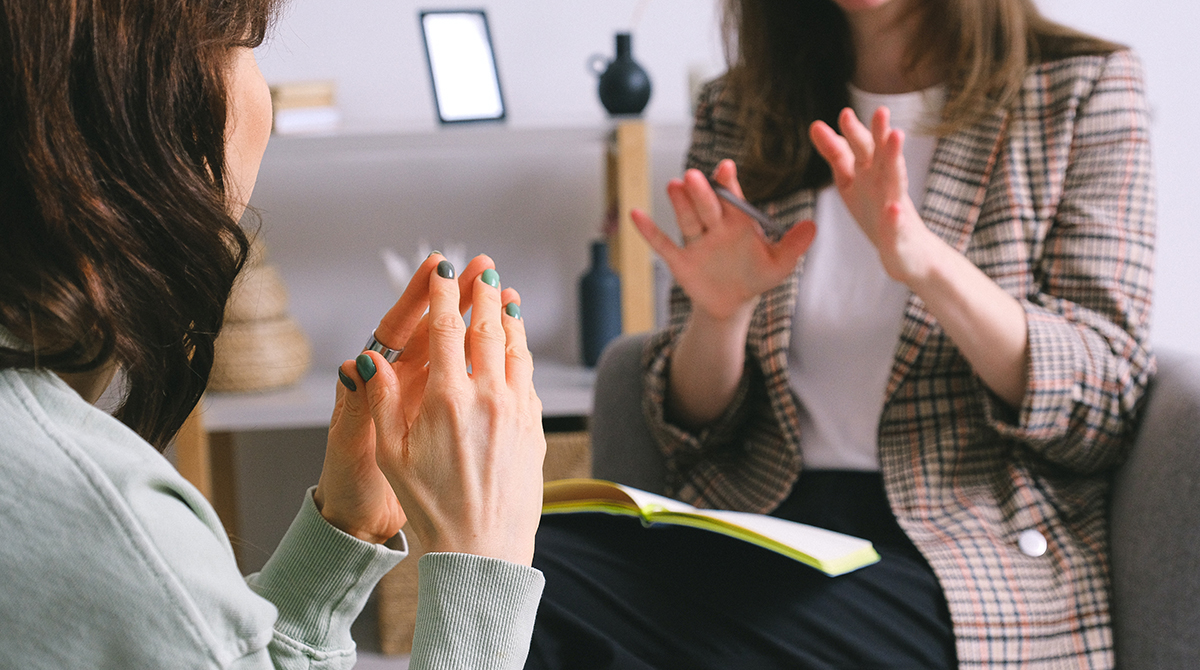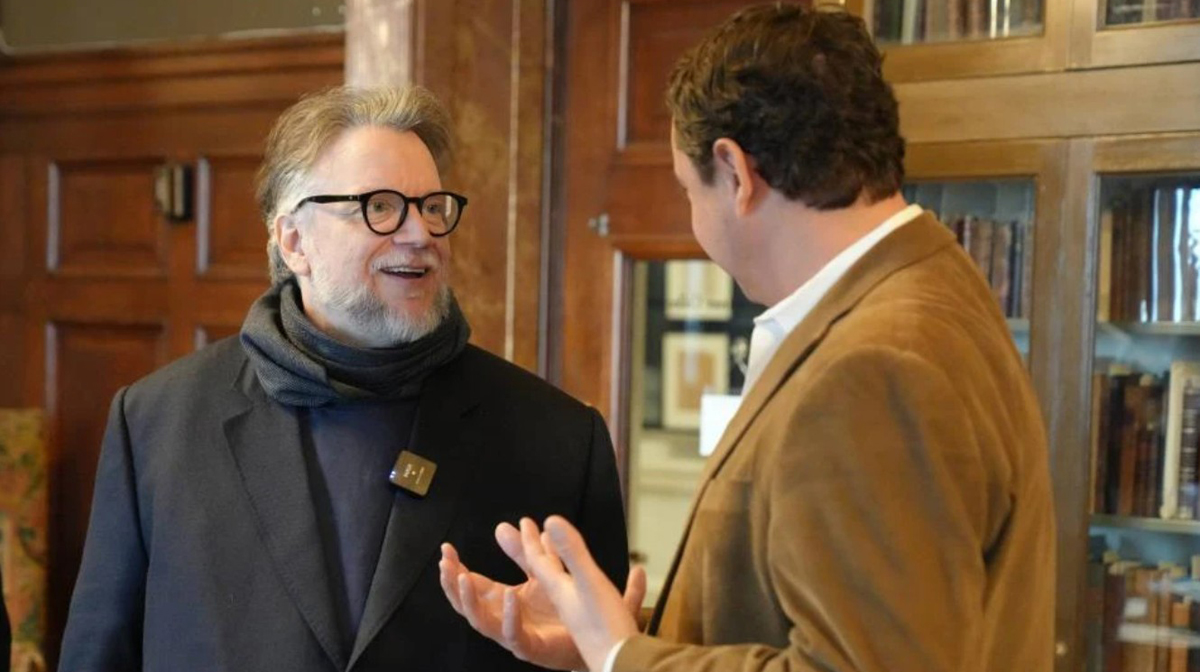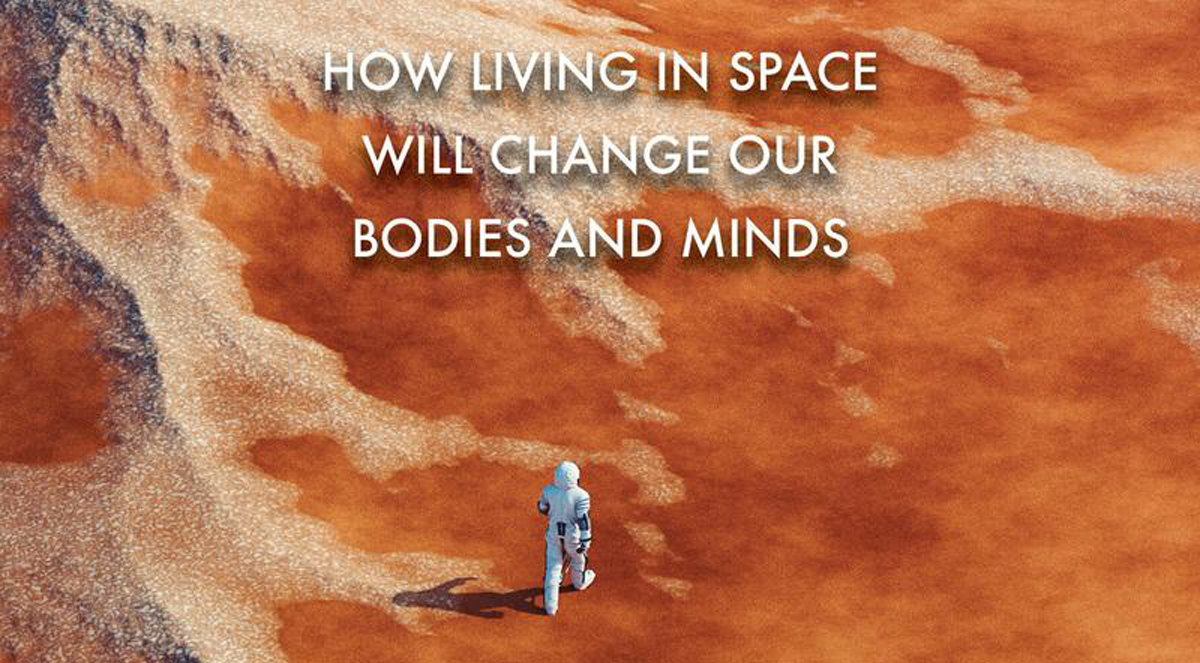People turn to libraries for everything, from the latest bestselling novels to access to 3-D printers. And increasingly, people are coming to libraries for help with their most pressing needs. Because many of these challenges-such as access to housing for those experiencing homelessness, among other complex issues-are beyond the scope of what most librarians are trained to handle, some libraries are adding social workers to their staffs.
National Public Radio (NPR) examined this trend on January 3 in “Why Your Library Might Be Hiring a Social Worker,” looking at the impact of Indianapolis Public Library’s (IPL) first social worker, Yanna McGraw, on patrons in need. McGraw helps people with everything from issues related to housing insecurity and accessing federal stimulus money to mental health concerns. And she’s had success because people trust libraries, says IPL interim CEO John Helling.
“We’re a safe place, we’re a clean place, where we try to be a helpful place,” Helling told NPR. “And so we do find patrons experiencing just a wide variety of needs that just end up in our building, because we’re the only place where they can go.”
Why they’re needed
Social workers in libraries often face challenges creating new programs-especially in communities where the problems may not be so obvious. For Patrick Lloyd, community resources coordinator at the single-branch Georgetown (Texas) Public Library, one of the obstacles is getting his city to acknowledge that the community has homelessness and domestic violence. Another challenge is discretion, as not everyone who could benefit from social services is actively seeking them when they come to the library.
“I don’t have an intake form, I don’t have a script,” Lloyd told attendees at the Public Library Association’s 2018 conference. “I’m trying to build trust.”
Essential workers
Social workers are proving be essential to library staff and the community at large because they can assist patrons in ways librarians can’t.
“I’m able to spend that time, pick up the phone, ask the question, send an email to a community partner, if I have that relationship,” McGraw told NPR.
McGraw said her goal is to find a balance between seeking out patrons who might need assistance and allowing people to come to her voluntarily. She has an open-door policy at the library, which has helped her build trust and form relationships.
“If my door’s open, come on in,” McGraw told NPR. “And they do. Not even knocking, but they just come in. And I’d rather have it that way, because I want to make that connection.”
If you need help with a personal problem, your library may have a social worker on staff to help. Call or visit your local library to learn more.



